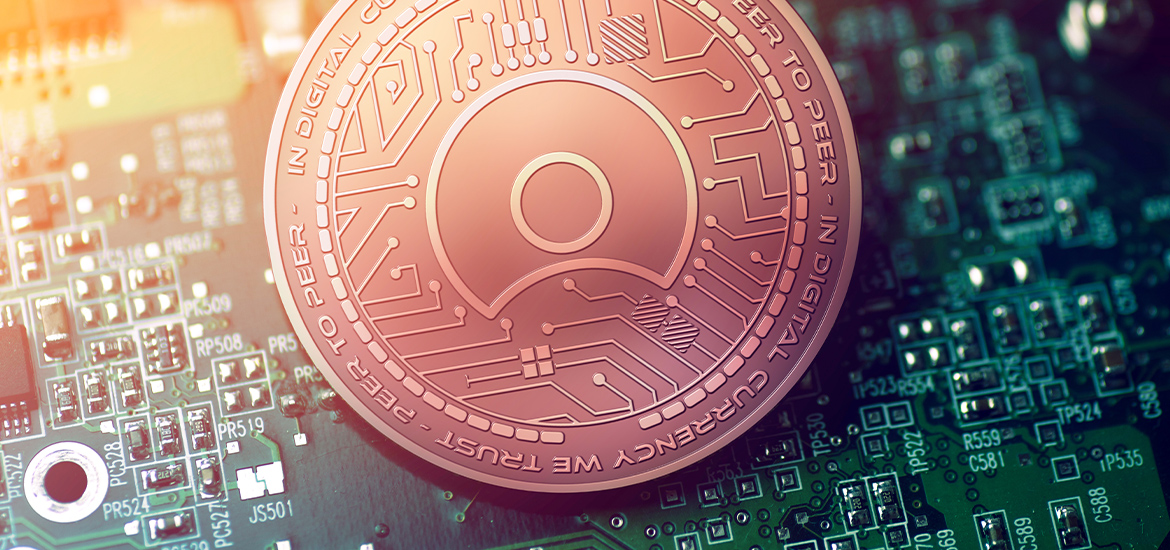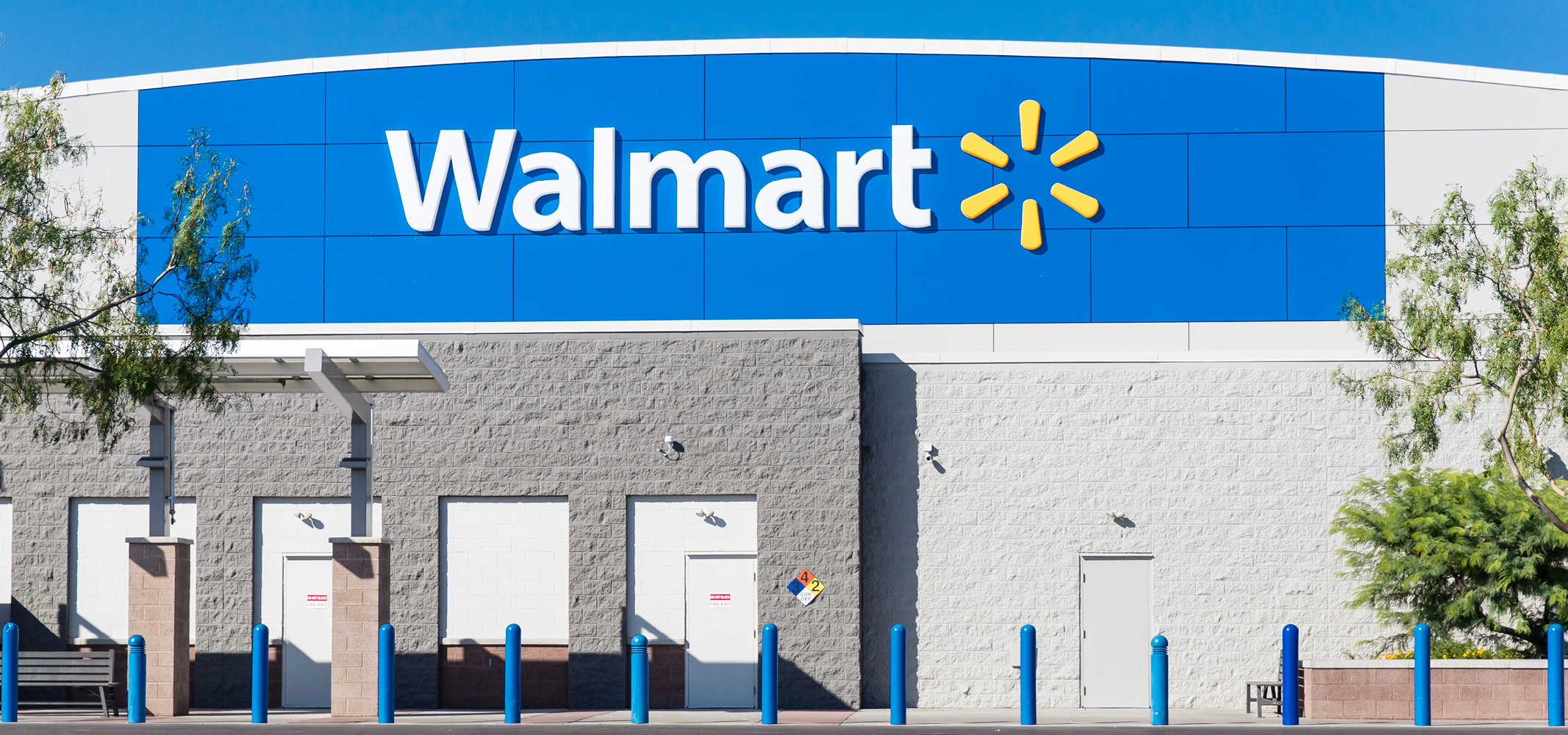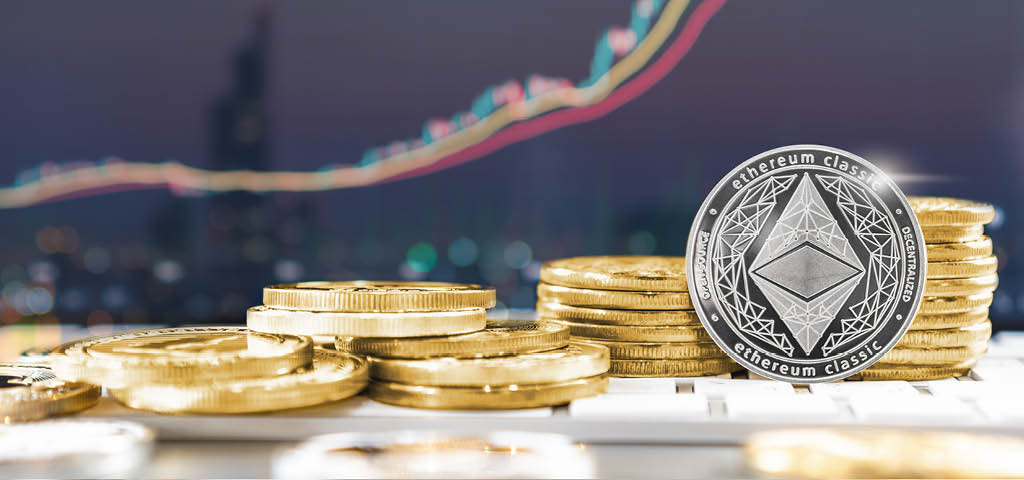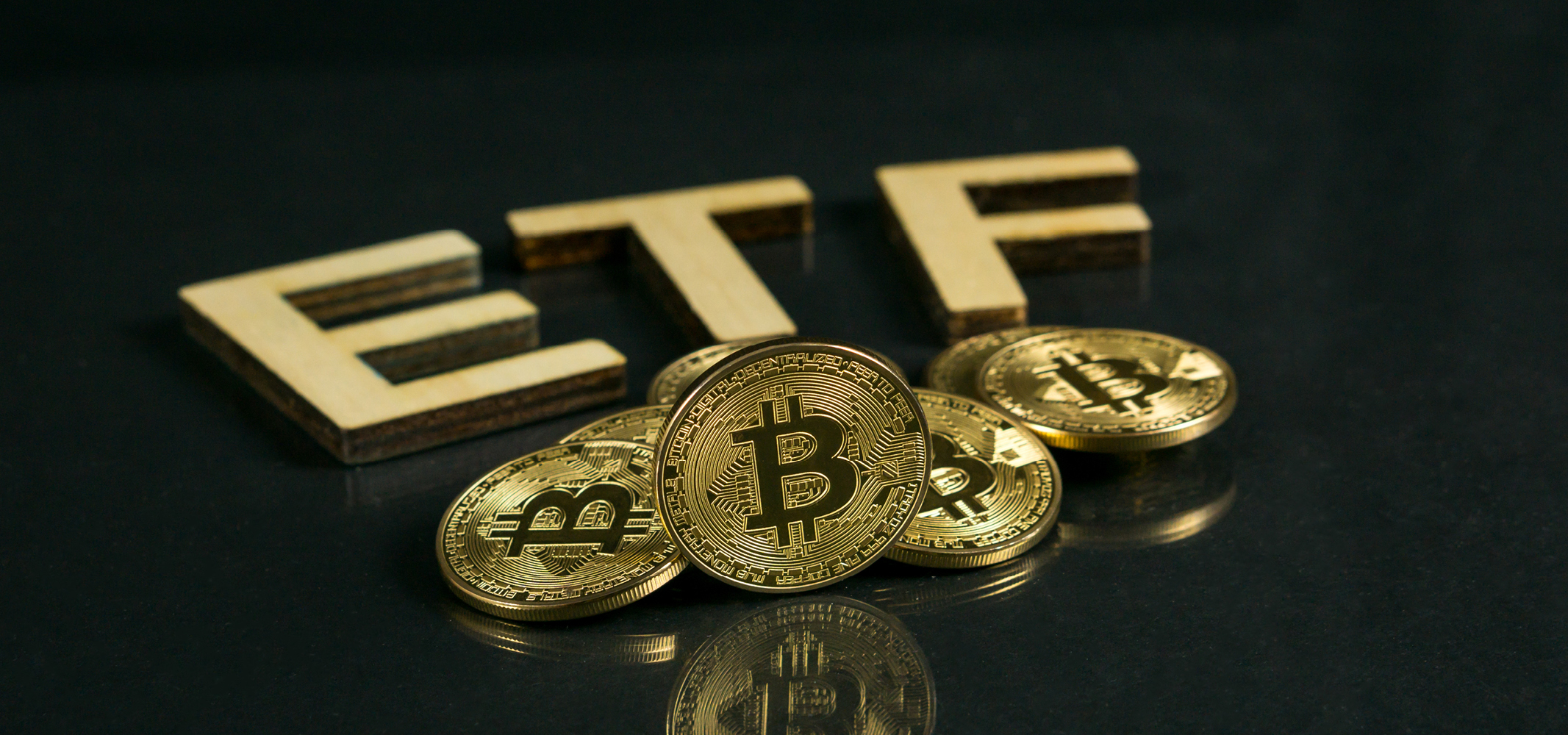On the cryptomarket, confusion always occurs when it comes to distinguishing terms sensibly from one another. Sometimes people talk about tokens, sometimes about coins. But what is the difference between the two terms? On closer inspection, the distinction is not as difficult as it may seem. An important finding is that there is a connection between tokens and digital coins. In both cases it is a matter of values within the block chain or comparable systems. Coins – the “real” currency of the digital world
In 2009, Bitcoin laid the foundation for crypto-currency. Many more thousands of currencies have been created to date, these are known as “coins” in technical jargon. Translated this means nothing else than coin. Bitcoin was created with the aim of creating a currency for the digital world. By definition, currencies can be used, for example, in the form of a unit of account as a means or store of value or as a classic medium of exchange such as fiat money from francs to US dollars to euros.
Popular coins include Bitcoin, Ethereum, IOTA and Dash.
Tokens – the lack of technological independence
When distinguishing tokens in the coin market, the lack of independence from a technological point of view is the main factor. This means that every token necessarily requires an external network to be issued, traded and generally used. Unlike coins, tokens do not have their own block chain. The use cases of tokens are decentralised and cannot be used without external networks. An example: The token “Golem” works on the basis of the block chain of Ethereum and is therefore also called ERC20 token. For a token to be launched on the market, an already created crypto-protocol or block chain is absolutely necessary. Since the technologies already exist, the development effort for tokens is usually considerably lower than for a coin, which has to be rethought and programmed from scratch.
Popular tokens are for example Tether, Binance Coin or Chainlink. The majority of the tokens currently available on the market are based on the Ethereum block chain, which is considered to be particularly adaptable and changeable.
The use of a recording system like the block chain could be an essential part of the security of AI development.
He wrote the following:
“The block chain provides the technology necessary to ensure that AI architects can understand and track the path of machine learning so that they can rely on the integrity of the data that drives AI”.
Complex AI programs are sometimes difficult to analyse because they are “smarter” than their developers. Thanks to the block chain, developers can see where the AI gets its data from and possibly prevent certain types of media from entering AI learning control.
In a world with technologies like Deepfakes or intelligent vehicles, it is crucial for AI to have access to reliable information. In turn, it is important for developers to understand what data will be contained in AI learning algorithms. The block chain can be a great help as AI becomes more and more popular.










Leave A Comment
You must be logged in to post a comment.